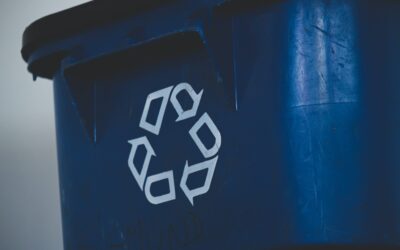If you’re not sick of Tontitown yet, check out TreeHugger’s great interview with Wes Muir from Waste Management, the developer of the landfill gas project that was criticized by BusinessWeek. The interview covers some of the same ground we’ve covered in our project review site, but in a vastly more readable form.
Wes reiterates two key points about the Tontitown landfill gas flaring system: the project exceeds what would have been necessary to address the groundwater contamination problem; and the large majority of the methane collected comes from areas of the landfill not related to remediation of the groundwater problem.
Wes also notes that although the revenue from the offsets is not routed back to the Tontitown facility, it is “used by Waste Management to invest in additional environmental projects at other facilities, so that these facilities could also improve their performance over and above regulatory requirements.”
That’s a good thing, but it’s hardly necessary to support a claim of additionality. A claim of additionality simply means that the project would not have taken place without revenue from offsets, not that the revenue will be reinvested in the project itself. Many projects have high up-front costs and low operating costs, in which case we wouldn’t actually expect offset revenue to plowed back into the project.
Finally, the interview offers some bonus nerdery in the form of a discussion of the Chicago Climate Exchange’s bi-lateral trading mechanism, which Terrapass pioneered the use of.
As for our own project review, we are moving along but having a bit of difficulty scheduling interviews with ADEQ. As they were the source of the original accusations of non-additionality, it’s important that we get their perspective as well.
Brought to you by terrapass.com
Featured image






